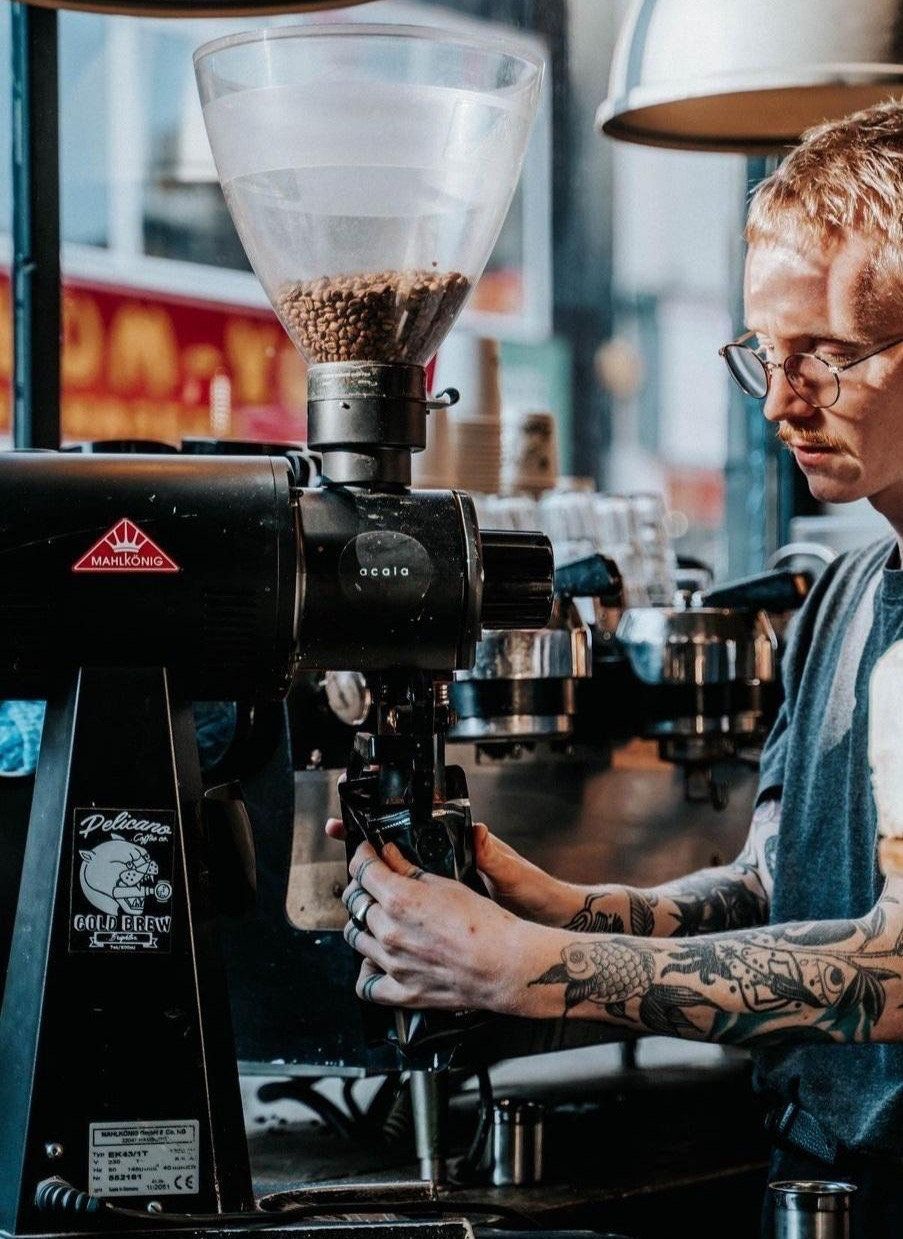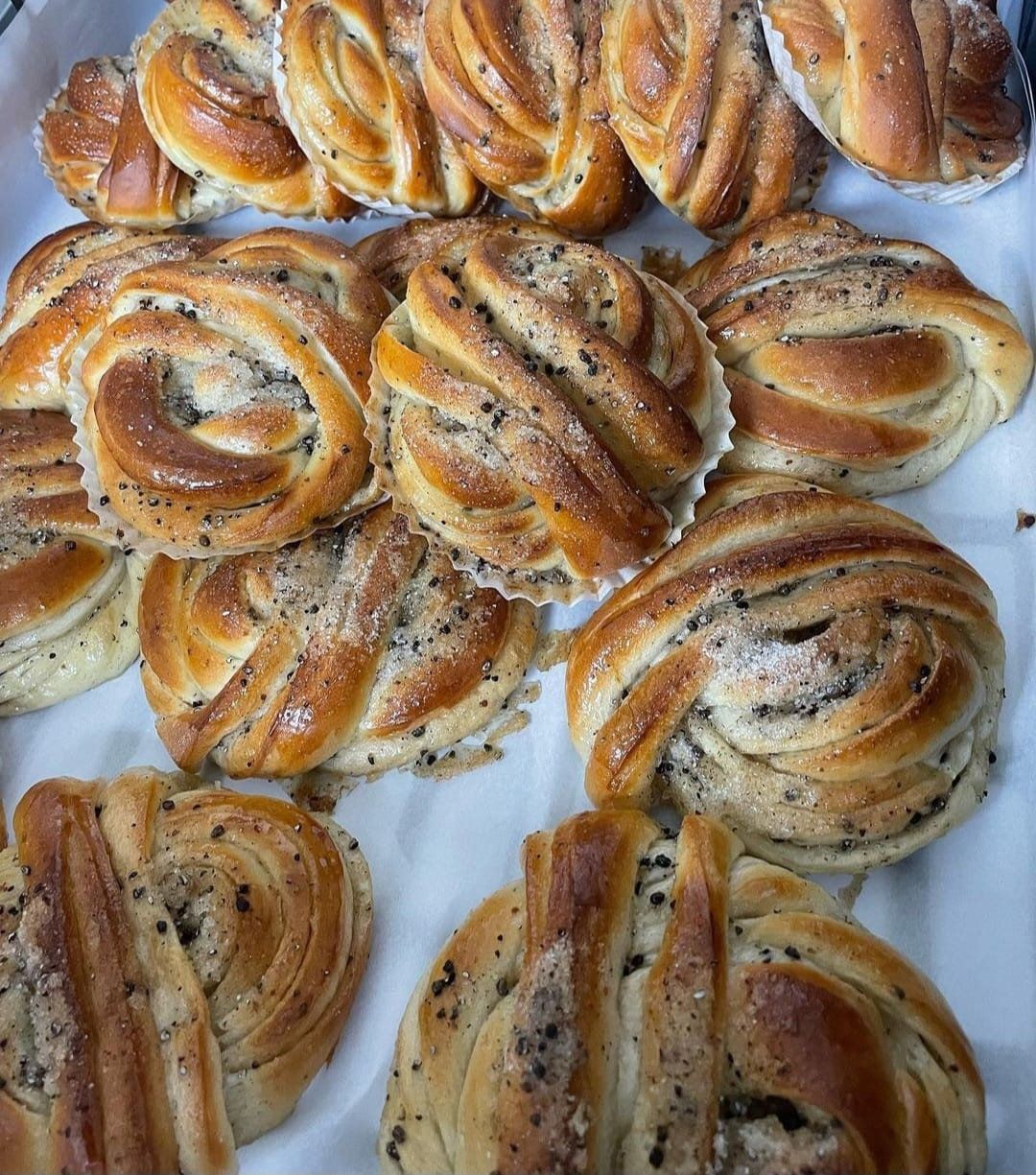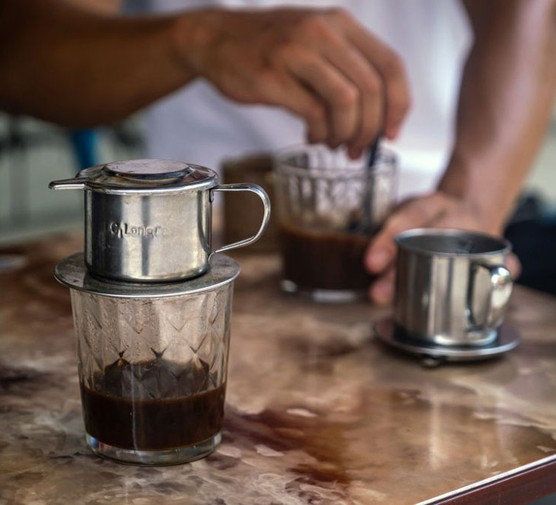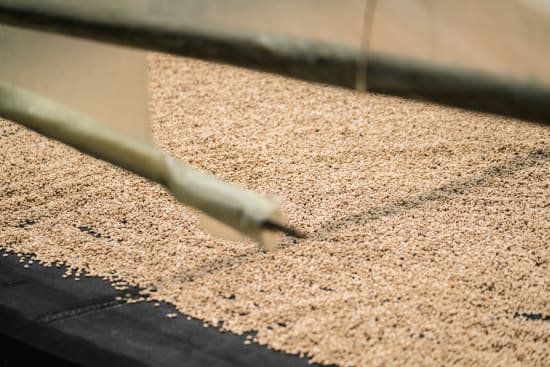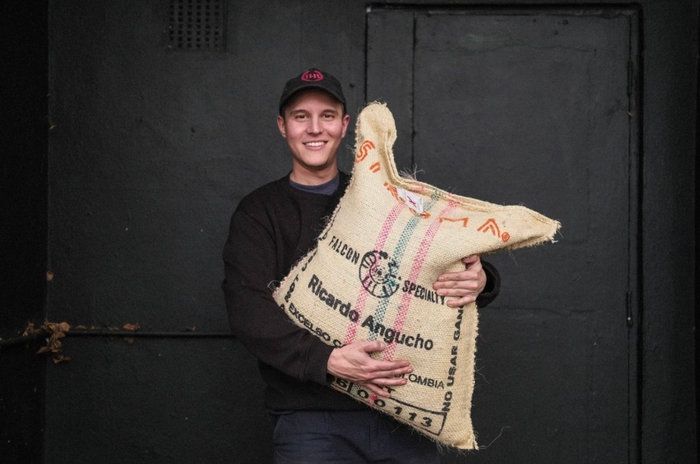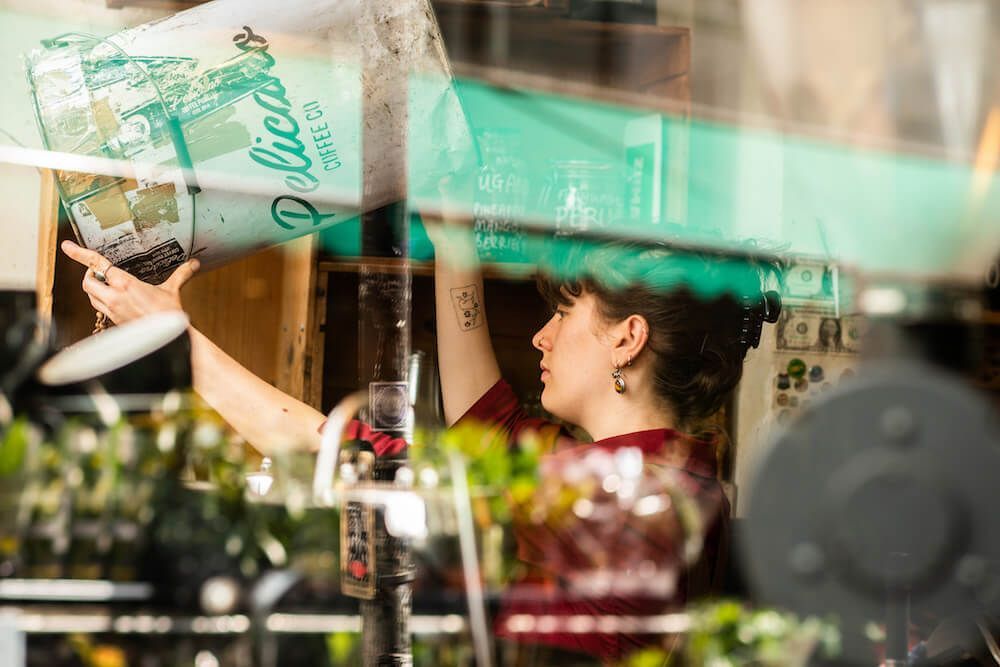Downtown bakery
- Mon - Fri
- -
- Sat - Sun
- -
555-555-55-55
Uptown bakery
- Mon - Fri
- -
- Sat - Sun
- -
555-555-55-55
The Newsletter September 2023
Challenges for speciality coffee farmers:
The challenges businesses face in speciality coffee-consuming countries are often based on how we market products, limit spending, maintain employee morale, maximise income and product quality. The issues faced for farmers in coffee-producing countries are often more visceral, with the stakes often being higher and the rewards not respectively monumental.
A lot of the information we're provided about farms & processing plants/programs comes from the green coffee importers we work with. Although I do not personally have experience in visiting these places (I'm still waiting for the invite), I am confident in the legitimacy of my importer partners' experiences.
Farmers are challenged by climate change. The vulnerabilities of high altitude climates in coffee-producing countries are at risk of worsening every year. For high quality, low yield speciality coffee to thrive, the conditions have to be warm in the day, cool at night. Seems simple. Ambient temperature decreases with elevation, yet due to global warming, temperatures at higher altitudes are increasing even more rapidly than at lower altitudes. This issue is more impactful at night, when crops require a decreased temperature to thrive.
The average age of a peak health cofea arabica plant (the most common plant species when referring to speciality coffee) is anything between 7-20 years. However, with age comes lower harvest yields (they cannot produce the same quantity & quality of beans) and it takes about 5 years for a plant to mature enough to harvest. Furthermore, most plants can only produce 1 harvest per year. This time management becomes very difficult when farmers are faced with limited space to grow new seedlings. They will sometimes have to choose between sticking with an older, lower yield crop or cutting down the old and planting the new seeds which will take up to 5 years to bring in any income.
Some programs and importers are creating financial incentives for farmers to grow newer crops and produce nicer coffees, so as mitigate the impact on the farmers' livelihood.
This is a great step in connecting the worlds of consumers to producers, but arguably we need to be connecting people buying our roasted coffee with the issues farmers face, and giving consumers the option to help.
Written by Ryan
Coffee Spotlight: Uganda Magasi
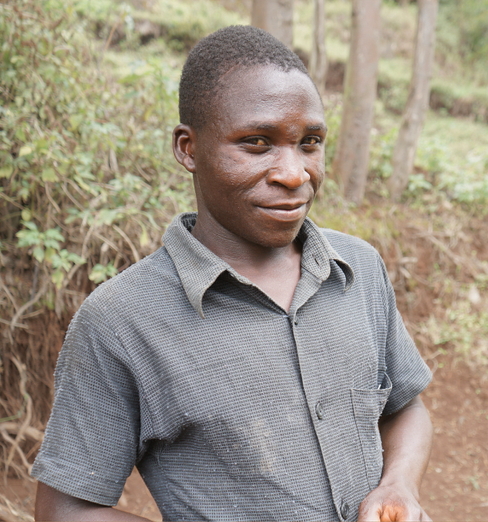
Here at Pelicano we always try to buy new, delicious single origins with great traceability, although sometimes this task unfortunately isn't as easy as it sounds. This is why we are very excited to showcase our new single origin: Uganda - Magasi, a incredibly clean, traceable coffee. This is quickly turning into one of favourites!
Finding the right coffee is always tricky, finding the journey behind the bean is even trickier, but working with our friends at Falcon Coffee has made it much easier. Visiting their website you are instantly met with their ethos "working in coffee provides us all with a unique opportunity to contribute to sustainable smallholder agriculture" and this is evident every time we get to work with them. Sometimes it can be easy to forget that behind every coffee are multiple teams of amazing people.
This coffee contributes to the Coffee Gardens group that incentivise farmers with numerous benefits including: post-season bonuses, additional income-generating employment opportunities, tree distribution and a range of all-year-round training programs. In this instance the farmers bring the beans down to the Coffee Gardens washing station themselves and are paid for their contribution. This particular coffee is part of their "Village Savings Group" project. There are 7 different Saving Groups which help 232 farmers buy farm inputs, pay labourers and pay school fees.
We have dropped the coffee just after first crack, leaving it to develop its amazing body and flavours. This washed coffee has a stunningly clean mouth feel and tasting notes of: Assam tea, red apple, stone fruit, toffee & a pink grapefruit aftertaste. This one can be enjoyed at any time and works well with any kind of brewing method, from easy-drinking pour-over, to warming morning cuppa from the cafetiere.
Cafetiere Brew Guide:
We have put together another brewing guide to go hand-in-hand with the Uganda, we hope you love it as much as we do!
1 Persons
Ground coffee: 15g
Water: 250ml
Brew time: 6:00 minutes
Ratio: 60 grams of coffee per litre of water
1. Heat water to 97°C & wash out
cafetiere
2. Grind the coffee at coarse grind (similar to granulated sugar)
3. Add 15g of ground coffee to cafetiere & place on scale, tear to zero
4. Add 250ml of water to cafetiere in a circular motion & then stir
5. Seal cafetiere using plunger and allow to brew for 3:00 minutes
6. At 3:00 take the plunger out and gently stir. Skim off top layer of coffee and dispose.
7. Place the plunger back on and brew for a further 3:00 minutes
8. At 6:00, plunge
9. Decant & enjoy your brew!
Written by Adnan
Wholesale Partners: Victorias
Victorias was pioneered by Vicki, who started her journey baking delicious cakes at home and decided to carry that talent onto a more profitable and community-engaging platform.
The shop interior is a mix of retro and art deco furniture and fittings, with a cosy and vintage vibe.
Vicki serves the Smokey Bird Seasonal Blend in her hopper and has been a wholesale partner with Pelicano for 4 years. It's a pleasure to work with her and the store is definitely worth a visit if you're in Ross-On-Wye!
Location: 25 Broad St, Ross-On-Wye


